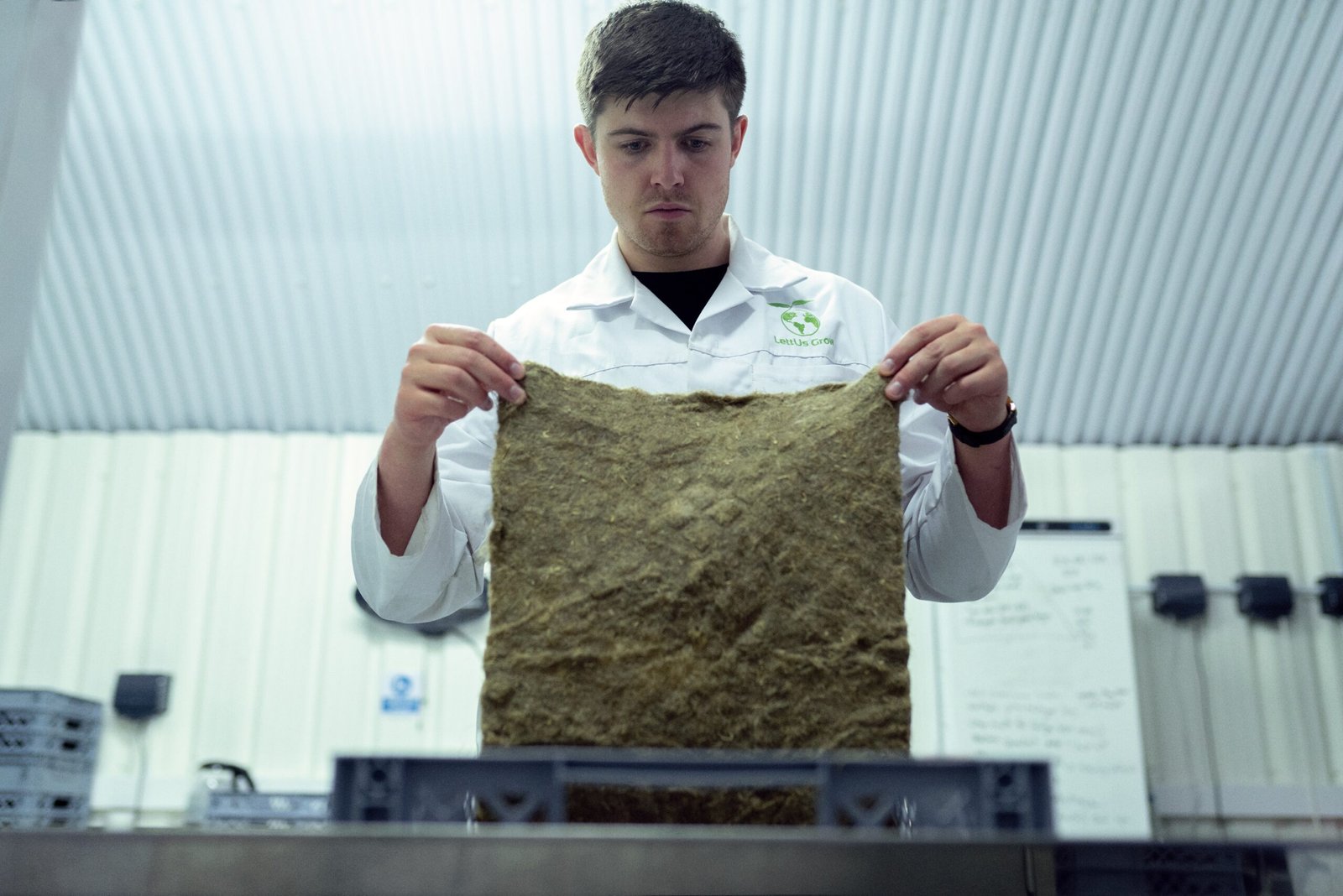As technology continues to advance at an unprecedented rate, the demand for skilled professionals in the field of DevOps (Development and Operations) is on the rise. DevOps Engineers play a crucial role in bridging the gap between software development and IT operations, ensuring efficient and seamless collaboration between the two teams. If you are looking to embark on a career path as a DevOps Engineer in 2024, here are some steps you can take to learn and prepare yourself for this exciting role.
How to Learn and Become a DevOps Engineer in 2024
1. Understand the DevOps Philosophy
Before diving into the technical aspects of DevOps, it is important to have a solid understanding of the underlying philosophy and principles. DevOps is not just about tools and technologies; it is a cultural shift that emphasizes collaboration, communication, and automation. Familiarize yourself with concepts such as continuous integration, continuous delivery, and infrastructure as code.
2. Gain Knowledge in Key Technologies
As a DevOps Engineer, you will need to have a strong foundation in various technologies. Start by learning programming languages such as Python, Ruby, or Java, as they are commonly used in DevOps practices. Familiarize yourself with version control systems like Git and learn about containerization technologies such as Docker and Kubernetes. Additionally, understanding cloud platforms like AWS, Azure, or Google Cloud will be beneficial.
3. Learn Configuration Management Tools
Configuration management tools are essential for automating infrastructure provisioning and managing system configurations. Popular tools in this area include Ansible, Chef, and Puppet. Take the time to learn and experiment with these tools to understand their capabilities and how they can be used to streamline and automate deployment processes.
4. Get Hands-On Experience
The best way to solidify your knowledge and skills is through hands-on experience. Look for opportunities to work on real-world projects or contribute to open-source projects. Create your own personal projects to practice implementing DevOps principles and technologies. By gaining practical experience, you will not only enhance your technical skills but also develop problem-solving and troubleshooting abilities.
5. Collaborate and Network
DevOps is all about collaboration and teamwork. Engage with the DevOps community by attending meetups, conferences, and webinars. Participate in online forums and discussion groups to learn from others and share your knowledge. Networking with professionals in the field can open doors to new opportunities and provide valuable insights.
6. Continuous Learning and Adaptation
Technology is constantly evolving, and as a DevOps Engineer, it is crucial to stay updated with the latest trends and tools. Keep learning and exploring new technologies, methodologies, and best practices. Stay curious and adaptable, as the DevOps landscape is likely to change and evolve in the coming years.
7. Pursue Certifications
Obtaining relevant certifications can demonstrate your expertise and commitment to the DevOps field. Look for certifications such as AWS Certified DevOps Engineer, Microsoft Certified: Azure DevOps Engineer, or Google Cloud Certified – Professional DevOps Engineer. These certifications can enhance your credibility and make you stand out in the job market.
8. Build a Strong Resume and Portfolio
When applying for DevOps Engineer positions, a well-crafted resume and portfolio can make a significant difference. Highlight your relevant skills, projects, and certifications. Include any notable achievements or contributions you have made in your previous roles or personal projects. Showcase your ability to collaborate, automate, and improve processes.
9. Prepare for Interviews
As you start applying for DevOps Engineer roles, be prepared for technical interviews. Review common interview questions and practice your problem-solving and troubleshooting skills. Be ready to discuss your experience with relevant technologies and share examples of how you have implemented DevOps principles in your previous work.
10. Stay Focused and Persistent
Becoming a DevOps Engineer requires dedication and persistence. Stay focused on your goals and continue learning and improving. Embrace challenges and setbacks as opportunities for growth. With determination and a passion for continuous improvement, you can achieve your goal of becoming a successful DevOps Engineer in 2024.
Remember, the journey to becoming a DevOps Engineer is a continuous one. Embrace the learning process, stay curious, and keep up with the latest industry trends. By following these steps and investing in your skills and knowledge, you will be well on your way to a rewarding career in DevOps.


1 thought on “How to Learn and Become a DevOps Engineer in 2024”